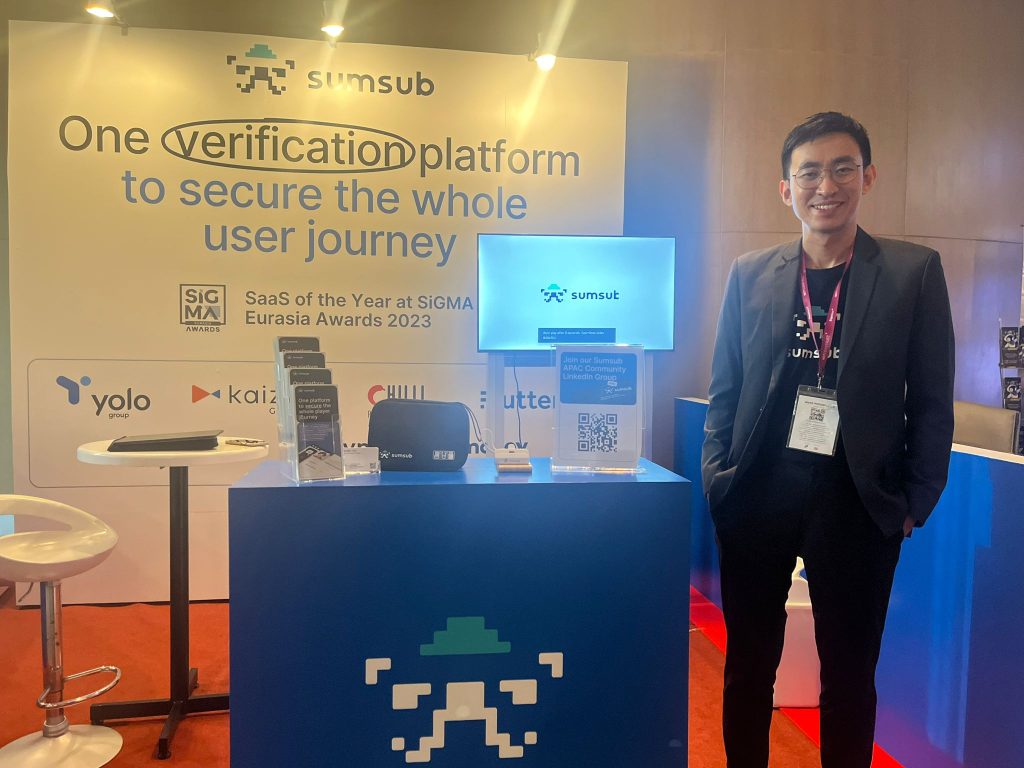In an interview with AGB, Chuan Wee Lye, a senior business development manager at Sumsub, a full-cycle verification platform, highlighted that technology has become key to standardizing regulations in the gaming industry.
Sumsub has introduced an integrated solution for user verification, anti-fraud, and compliance for the gaming industry. The solution aims to empower both platforms and operators to seamlessly navigate the entire player lifecycle, simultaneously maximizing profit revenue and ensuring compliance with all regulations and guidelines.
Chuan Wee Lye explained that the demand for user verification services is emerging recently since more and more gaming regulators have become “clearer about some of their anti-money laundering requirements.”
In the case of the Philippines, the Paris-based FATF placed the Philippines back on the gray list after the country’s unsuccessful mutual evaluation by the Asia Pacific Group on money laundering.
In its most recent evaluation, the organization identified 18 deficiencies in the Philippines’ endeavors to counter money laundering, terrorist financing, and proliferation financing. As of the January update, eight of these issues still await resolution.
President Marcos, the Philippines’ newly elected leader, has directed the Anti-Money Laundering Council (AMLC) and relevant authorities to undertake actions aimed at removing the country from the gray list by October of this year.
Chuan Wee Lye indicated that there will be AML requirements in the regulatory framework; however, there would be many methods for gaming operators to meet the compliance requirement, resulting in “a lack of transparency” in the whole process.

“If we want to do this well, the law is only one part of it…but in fact, when it comes to supervision they don’t have that kind of transparency, because everyone’s KYC standards could be different. You think this user has no problem, but another user thinks it has problems, so how should I do?”
In this context, Chuan Wee Lye notes that more and more Asian gaming markets eye this direction, particularly when more and more jurisdictions that allow gaming industry are becoming stringent with their regulations like what happened in Europe.

Anti-fraud for gaming operators
The online gaming operators are now seeking anti-fraud services since they have been frequently targeted by scammers.
He gives an example of some regulated markets, where some gaming operators may record much higher losses in fraud than the regulator’s fine.
Chuan Wee Lye indicates that some gaming operators are facing “bonus abuse”, as the scammers were using the bonus giveaways to create many accounts on the website to cash out the bonus.
He also shared that some online gaming platforms encounter suspicious users, who create many accounts at the same time and bet against each other on a gambling table, and then use this method to launder money, or they may want to input their odds, and think of some ways to improve their chances of winning.
Nowadays, different artificial intelligence (AI) models are implemented in monitoring the wagering processes and in Know Your Customer (KYC) measures.
“It’s impossible to accomplish all the KYC measures by human, so AI tools are largely used in this process, such as AI can identify the person is really of only the picture”.
At the same time, AI is also using for an alarm system, which aims to discover player’s patterns that may do money laundering during the gaming.
According to Sumsub’s latest Identity Fraud Report, gaming industry faced one of the highest rates of deepfake fraud in 2023, accounting for 1.6 percent of reported cases. While this figure may seem small compared to other sectors such as fintech (7.7 percent) and crypto (87.7 percent), it belies the profound impact of fraud on the bottom line of gaming companies.











